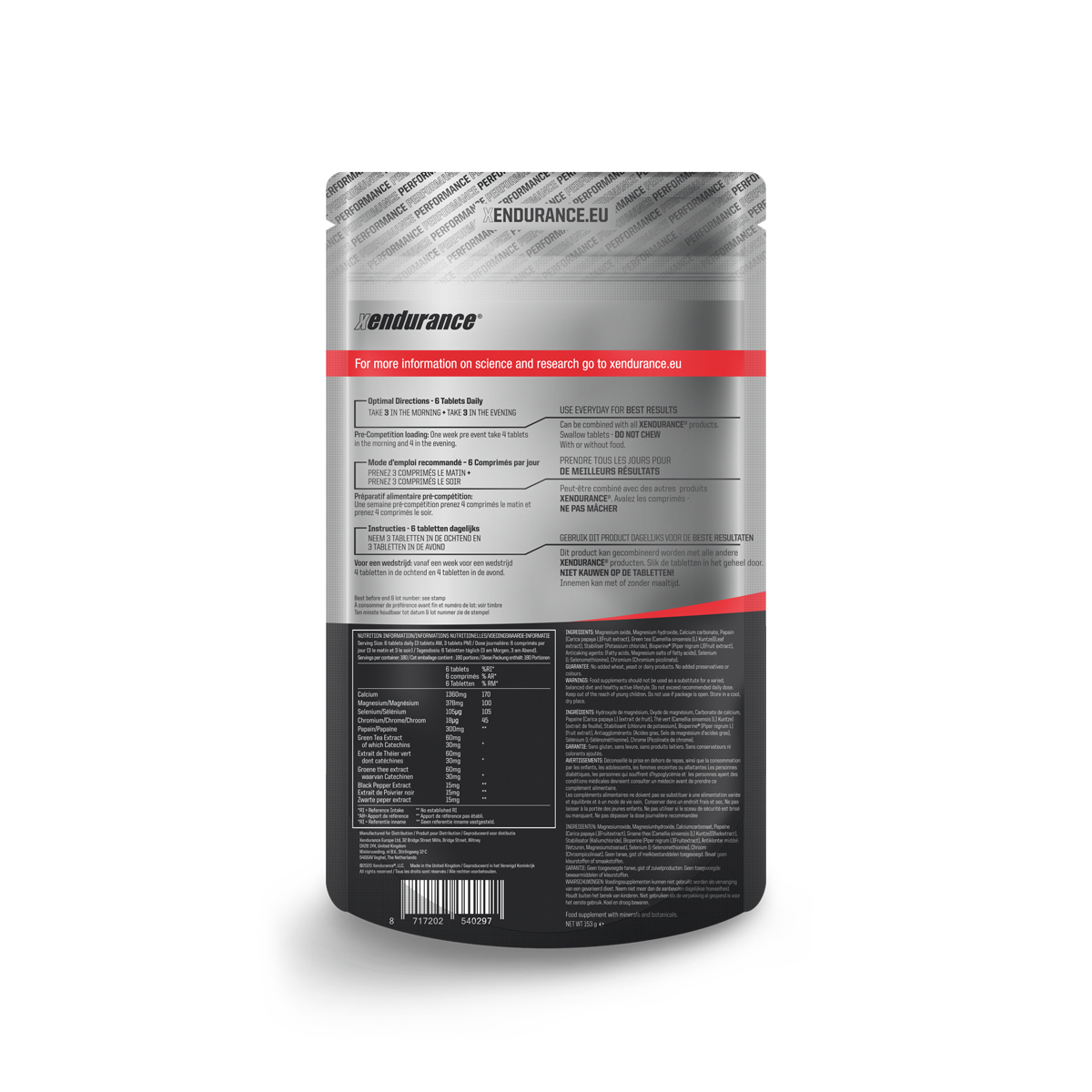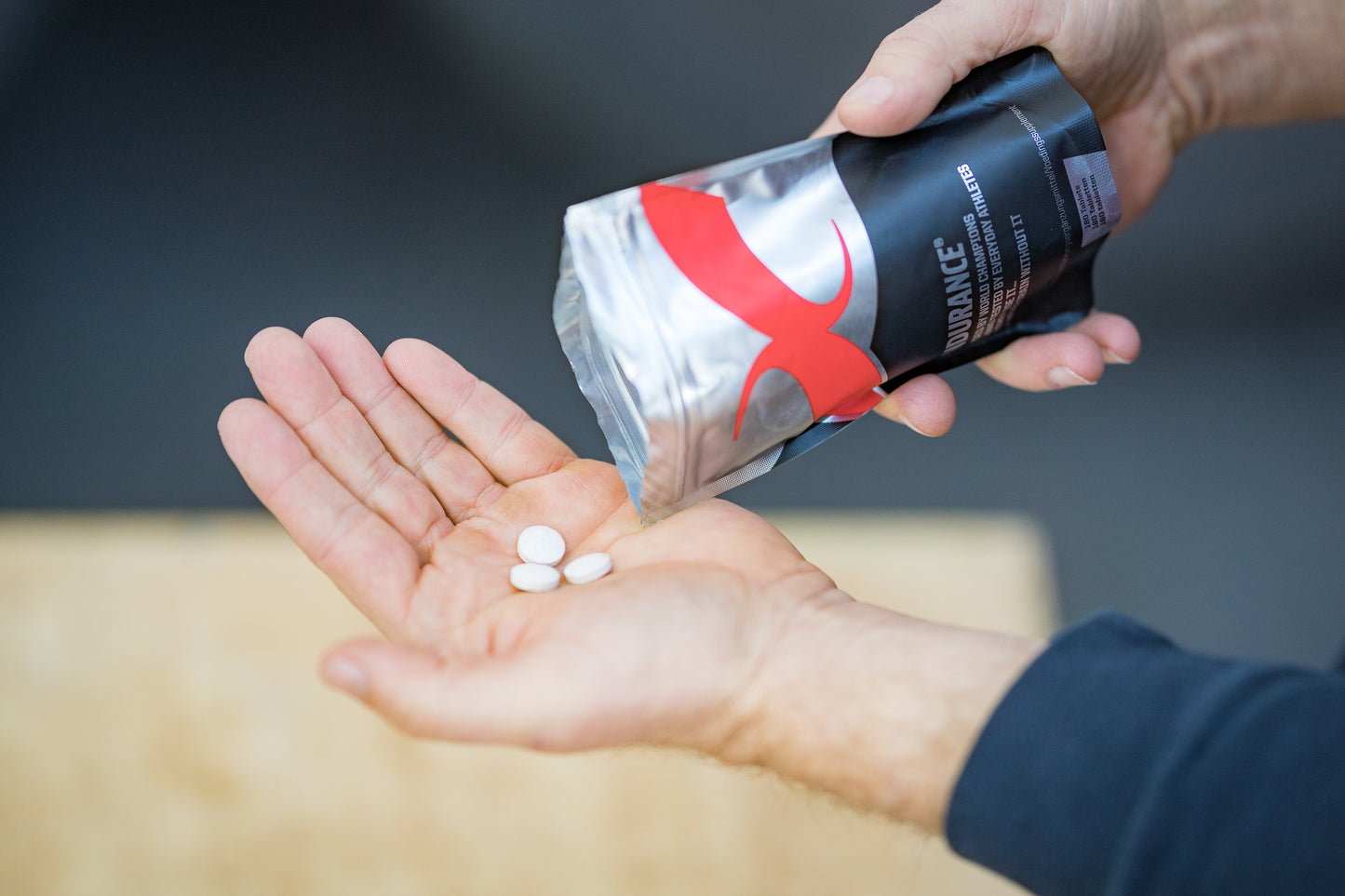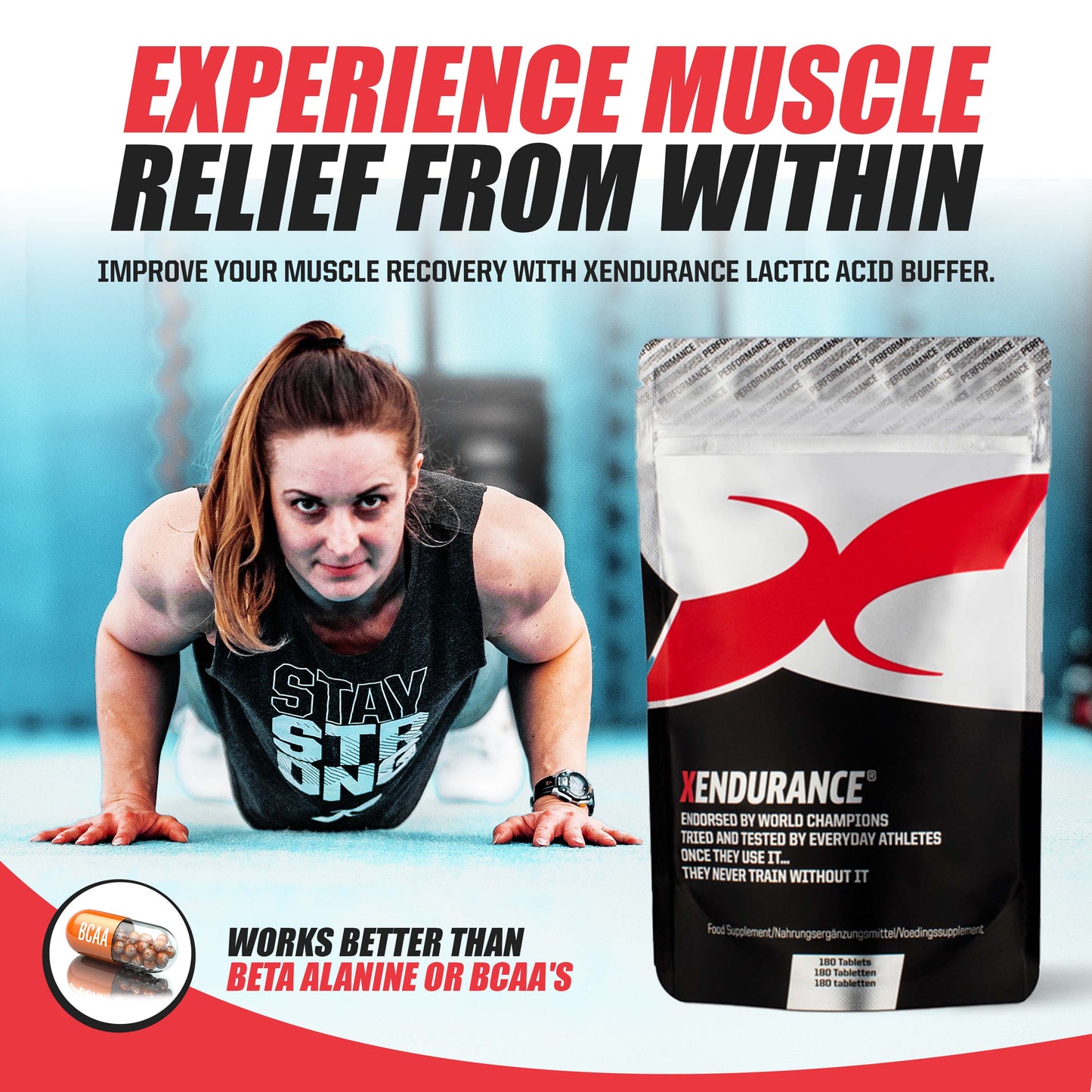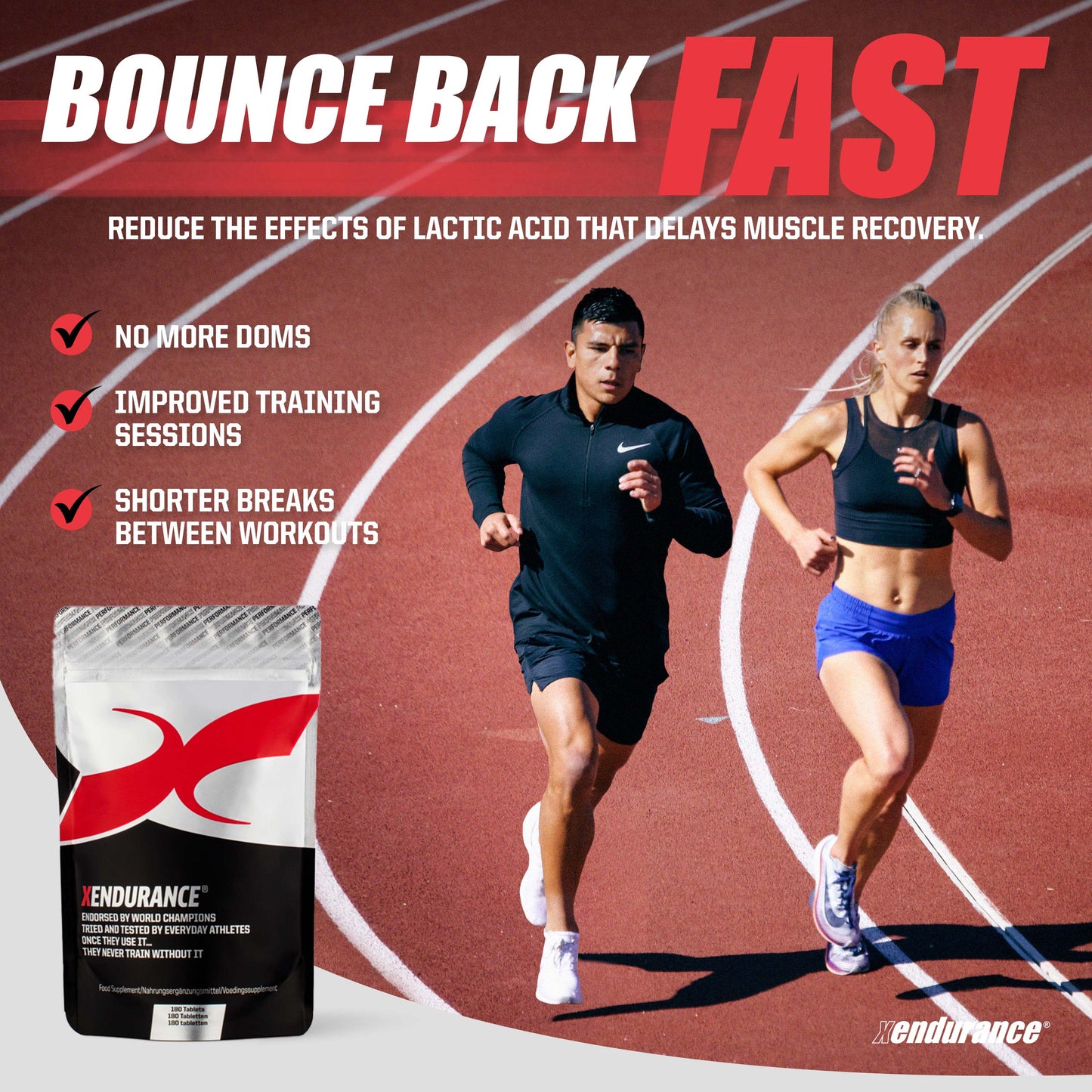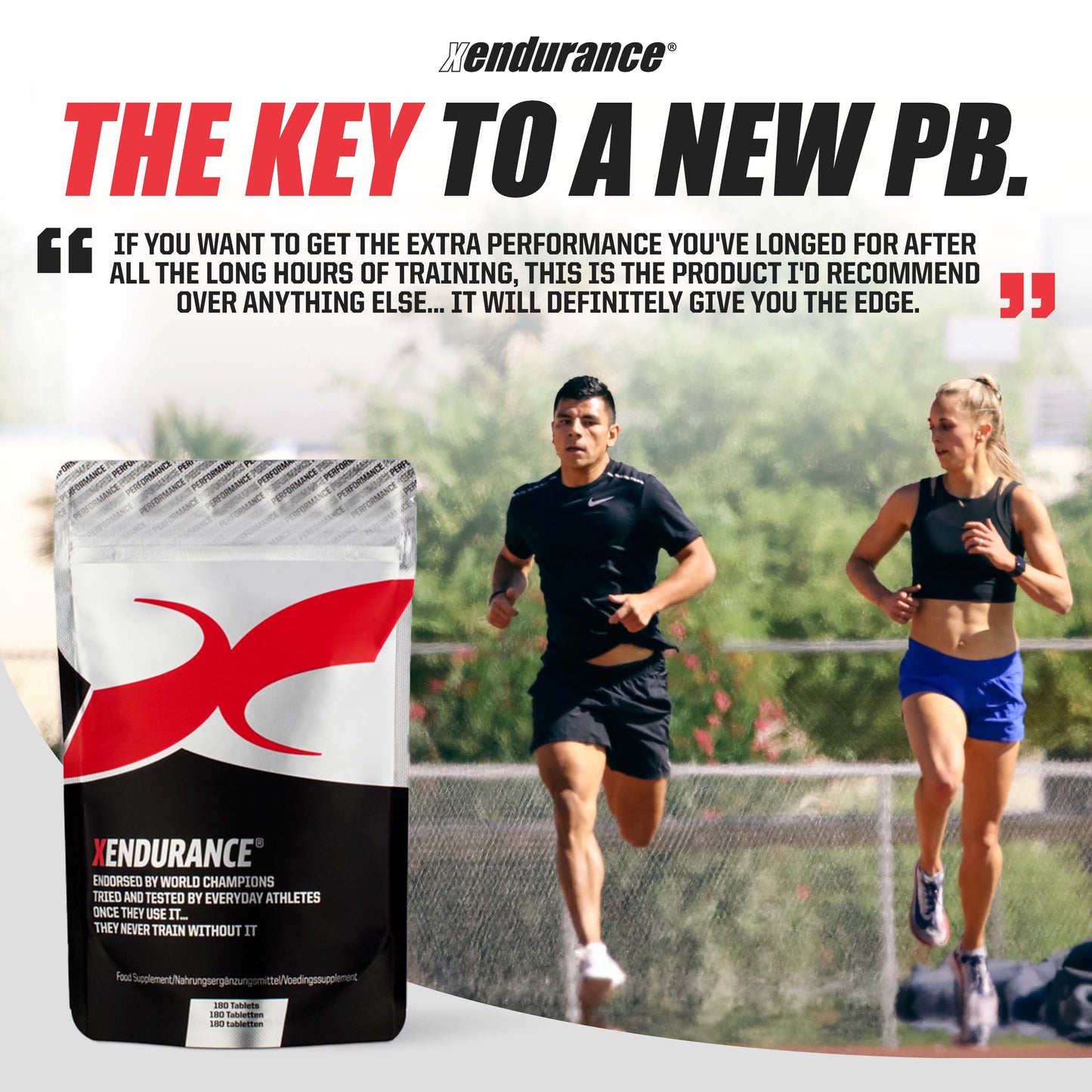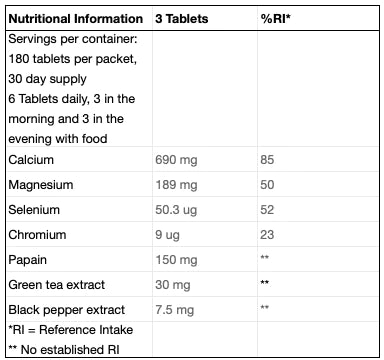If you are like most people, you take a multivitamin every day. But how can you tell if it's actually doing anything for your health?
Many people just assume that because they are taking vitamins, they must be helping. Unfortunately, this is not always the case. In order to know if your multivitamin is working, you need to look at the evidence. In this blog post, we will discuss how to determine whether or not your multivitamin is providing any benefits.
Why Do People Take Multivitamins?
Multivitamins are taken by millions of people every day, but many don't know exactly why they're taking them. Many people believe that if they take a multivitamin every day, they will be healthier. But is this really the case? The truth is that there is no evidence to support this claim. In fact, there is some evidence to suggest that when taking multivitamins you may want to be cautious until you evaluate the ingredients.
Do We Really Need Multivitamins?
The answer to this question is a little complicated. It depends on your diet and lifestyle. If you eat a balanced diet with plenty of fruits and vegetables, you may not need a multivitamin. However, if you don't have a well-rounded diet or if you're frequently on the go, taking a multivitamin may be beneficial. And let's face the fact – many people are not getting enough vitamins and minerals.
The majority of us do not follow a healthy eating pattern and about 2 billion people globally do not get enough iron, vitamin A, zinc, iodine, or folate.(1) Without these micronutrients, there can be severe illness and death, especially in developing countries. Vitamin deficiency includes fatigue, weakness, poor appetite, weight loss and hair loss. So for most of us, unless we grow our food in organic gardens and nutrient rich soil, the chances are a multivitamin may be your best insurance for optimum health.
What Might You Look For In A Multivitamin?
Let's talk vitamins. The most common vitamins found in a multivitamin are vitamin A, the B vitamins, vitamin C, D, E and K. Many quality multivitamins also contain minerals that are essential for optimum health. A few of the most important minerals include Zinc, Iodine, Selenium, Manganese, Chromium and Molybdenum. You may also see multivitamins which contain several phytonutrients (think fruits and vegetables) such as betacarotene, lycopene, lutein, zeaxanthin, catechins and resveratrol. A little more background on phytonutrients is that they offer considerable antioxidant and anti-inflammatory activities as well as enhancing immunity and repairing DNA damage. Phytonutrients are powerful!
How to Tell if Your Multivitamin Is Working?
That is the big question we all want to know - especially if you pick up your next bottle or pouch and see the sticker price close to $80.00. Is it worth the money?
First, think of a multivitamin as filling in the nutritional gaps that sometimes are needed when relying on a Western diet. You want that purchase to really fill in those gaps and you may not have time to become a vitamin expert. Chances are they are working if you are feeling good and looking better and have energy to get through your day. Are your nails growing, your skin glowing? These simple health checks may bring you confidence that your are improving your health with your multivitamin.
If you want to be precise, then a blood test through your doctor may be your best option.
Test your multivitamin. Before you go on your multivitamin of choice, get a blood test. After being on the multivitamin for three months, retest. You should see improvement in your numbers and then can determine if your multivitamin is truly working for you.
Not All Multivitamins Are Created Equal!
Remember the saying that you get what you pay for?
In manufacturing, the most bioavailable ingredients or the ones that are better absorbed into your system may come at a higher cost. An example is chelated minerals vs regular minerals. Chelated minerals claim to be better absorbed but they come at a higher cost. You will see the word “chelated” by some minerals in your supplement facts and then you will know the supplement company probably paid a much higher price for the bioavailability.
A capsule is usually more expensive than a compressed tablet and many believe a capsule is better absorbed in the stomach, but it can depend on the use.
Dosage amounts are important too. If you are leaning on lutein and zeaxanthin for eye health, for example, make sure you see the clinically proven dosages for those eye ingredients when you purchase your multivitamin. Supplements may claim they have lutein and zeaxanthin in their product for eye benefits but if the dosage isn’t based on research, you may be buying “hype” instead of actual results. (Clinically researched dosages are; Zeaxanthin 2 mg and Lutein 10 mg)
The other way to rest assured you are getting your money’s worth is to contact the company and ask questions. If a supplement company will not get back to you with answers, go elsewhere. You are paying money for a product that you are ingesting and you should be able to get basic questions from the company. Everyone wants to know that their multivitamin is working!
(1) https://lpi.oregonstate.edu/mic/micronutrient-inadequacies/overview



